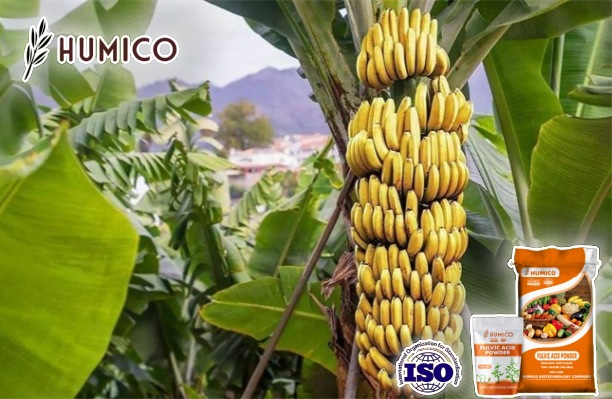Introduction
In the organic agricultural realm, understanding the components that nurture our soil and plants is fundamental. Among these, fulvic acid emerges as an unsung hero, fortifying our crops and rejuvenating our lands. But what exactly is fulvic acid?
Understanding Fulvic Acid
Fulvic acid, a natural compound, is an integral part of humus, the organic substance enriching our soil. Its complex molecular structure, derived from microbial activity on decaying organic matter, is a boon to plants. This acid acts as a chelator, binding mineral ions that plants can then absorb more easily.
The Benefits of Fulvic Acid for Plants
Fulvic acid doesn’t just stop at facilitating nutrient absorption; it plays multiple roles:
- Nutrient Absorption: Enhances the intake of vital minerals like magnesium, calcium, and iron.
- Root Growth: Fuels the development of robust root systems.
- Cell Permeability: Increases a plant’s cell walls’ permeability, ensuring better hydration and nutrient uptake.
What is a Good Source of Fulvic Acid?
While fulvic acid naturally exists in soil rich in organic matter, certain sources are particularly abundant in it. Shales, lignites, and especially well-decomposed plant matter stand out. The extraction processes have been honed over the years, giving us products like the versatile fulvic acid powder and potent liquid fulvic acid fertilizer.

Choosing the Right Fulvic Acid Product
When it comes to the selection of fulvic acid products, not all are created equal. Depending on your agricultural needs, soil type, and crop variety, you may find one product more suitable than the others:
- Organic Fulvic Acid: Sourced from natural, organic materials, this type ensures no synthetic or chemical additives, making it safe for all crops. Organic fulvic acid powder, for instance, can be mixed directly with the soil or dissolved in water for use as a foliar spray.
- Bio Fulvic Acid: This type is derived from biological processes and usually involves microbial activity to produce the fulvic acid. It is eco-friendly, promoting both plant health and soil biodiversity.
- Product Forms:
- Fulvic Acid Powder for Plants: This is one of the most concentrated forms available. It is easy to store, has a longer shelf life, and can be diluted according to specific requirements. Not to mention, the competitive fulvic acid powder price makes it a cost-effective solution for larger agricultural applications.
- Liquid Fulvic Acid Fertilizer: Ideal for immediate application, the liquid form ensures rapid absorption and can be used both as a soil additive and a foliar spray.
- Quality Matters: Always opt for high quality fulvic acid. As with any product, impurities or additives can compromise the benefits of fulvic acid. Trusted suppliers or well-reviewed fulvic acid manufacturers should be your go-to.
Conclusion
Fulvic acid stands as a testament to nature’s unparalleled ability to nourish life. Its role in rejuvenating soil, promoting robust plant growth, and enhancing overall crop yield is undeniable. As the agricultural sector moves toward more sustainable practices, embracing organic components like fulvic acid is not just beneficial but necessary.
For farmers and horticulturists alike, understanding the source, application, and benefits of products like fulvic acid can make the difference between a thriving crop and a failing one. Whether you’re looking to buy fulvic acid powder or seeking the best liquid solutions, always prioritize quality and source authenticity.
References/Further Reading
[1] Smith, J.D. (2018). “The Role of Fulvic Acid in Soil Health and Plant Growth.” Agricultural Science Journal.
[2] Lee, K.H. & Tan, B. (2020). “Comparative benefits of fulvic acid and synthetic fertilizers.” Soil Biology & Biochemistry.



